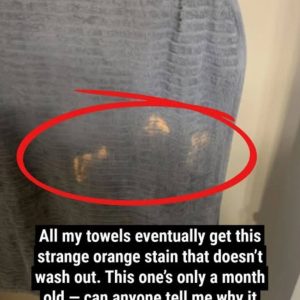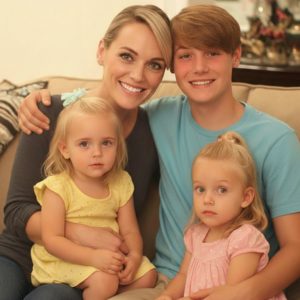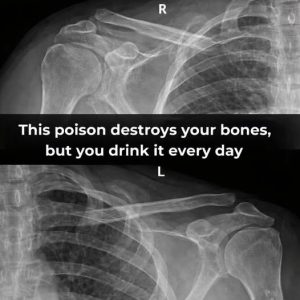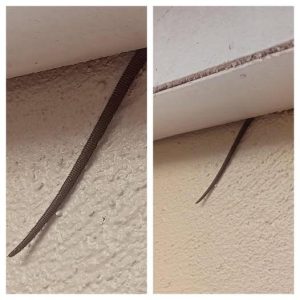I was sipping a latte in our favorite corner café when Instagram shattered my morning. Post after post—bridesmaids in rose‑gold robes, #AmberEverAfter hashtags, cake tastings, dress fittings—every friend I loved was tagged. Everyone except me.
Amber and I had been inseparable since kindergarten: midnight confessions over burnt popcorn, rescuing each other from bad dates, mapping out our futures on diner napkins. Her wedding was supposed to be our shared finale. So where was my envelope?
I told myself it was a postal glitch, but the ache grew teeth. Calls went to voicemail, texts got ghosted. By the time Amber’s “Can’t wait to marry my best friend!” reel hit 10 k views, denial curdled into fury.
If Amber wouldn’t give me answers, I’d steal them. I borrowed a midnight‑blue dress—formal enough to blend in, dark enough to vanish—and drove to the venue on autopilot, heart ricocheting against my ribs.
The Grand Marigold Hall glittered like a snow globe: chandeliers, orchids, a string quartet sawing out Vivaldi. I slipped past the usher with the confidence of a paid planner and melted into the crowd. Champagne towers reflected in crystal, laughter ricocheted off marble, but something felt… off. Conversations hushed when I drifted close; smiles stiffened, eyes slid away.
I ducked behind a pillar and scanned the program. Groom: Mr. Jonathan Pierce. The name meant nothing—until the doors opened for the ceremony and I saw his face.
My father.
He’d vanished when I was ten, leaving only a forwarding address that bounced like a bad check. For years I’d pictured him dead, imprisoned, or worse—indifferent. Yet there he was, straight‑backed in a tailored tux, waiting to marry my best friend.
The room tilted. Blood roared in my ears. Amber glided down the aisle, radiant in lace, but her smile flickered when she spotted me. The quartet faded; whispers spread like brushfire.
I didn’t plan the explosion. One second I was frozen, the next my heels were clacking toward the altar.
“Stop.” My voice cracked but carried. Gasps sucked the oxygen from the hall. “Amber, why didn’t you invite me? And you—” I jabbed a finger at the groom—“where have you been for fifteen years?”
My father—Jonathan—blanched. Amber’s bouquet trembled.
“I’m working on forgiveness,” I said at last, “but it’s a marathon, not a sprint. For now, I need distance.”
Tears glazed her lashes, but she nodded. “I’ll wait at the finish line, if you ever get there.”
Maybe I will, maybe I won’t, I thought as she walked away. Both possibilities felt okay.
Reclamation
Spring thawed more than ice. I launched a blog, Uninvited, weaving memoir with art scans. Comments poured in from strangers: a bride ditched by her maid‑of‑honor, a son ghosted by his mother, a groom whose best man eloped with his fiancée. Pain, I learned, is a universal language; survival, a shared dialect.
A local gallery offered me a solo show titled “Crash Site.” Opening night, I stood amid canvases that once bled anger and now pulsed resilience. Lauren handed me a glass of prosecco. Cass read a poem about broken things that still hold light. I felt… whole.
Jonathan sent a letter through the gallery: Proud of you. I’ll be in the back row if you ever want to talk. I pictured him among the shadows, more ghost than father, and realized the hole he left would never close—but I could build around it. I slipped the letter into a drawer marked “Maybe One Day” and rejoined my friends.
Epilogue
I used to believe an invitation defined belonging. Now I know better. Family is chosen, truth can be ugly, and crashing a wedding might just save your life.
When memories ambush me—a tuxedoed silhouette, a bouquet trembling like a guilty heart—I let them pass. They’re chapters, not the book.
Tonight I’m painting a new canvas: sunrise hues, no figures, just limitless sky. The past is a landmark behind me, the future an open road, and I—uninvited, unbroken—am finally driving my own story.





